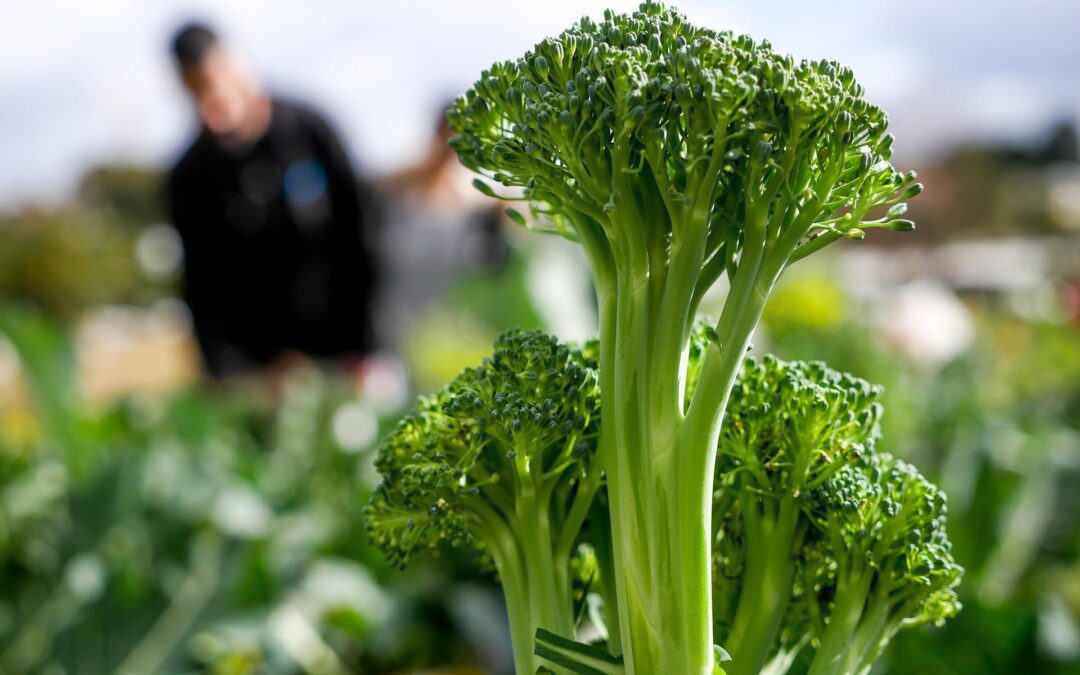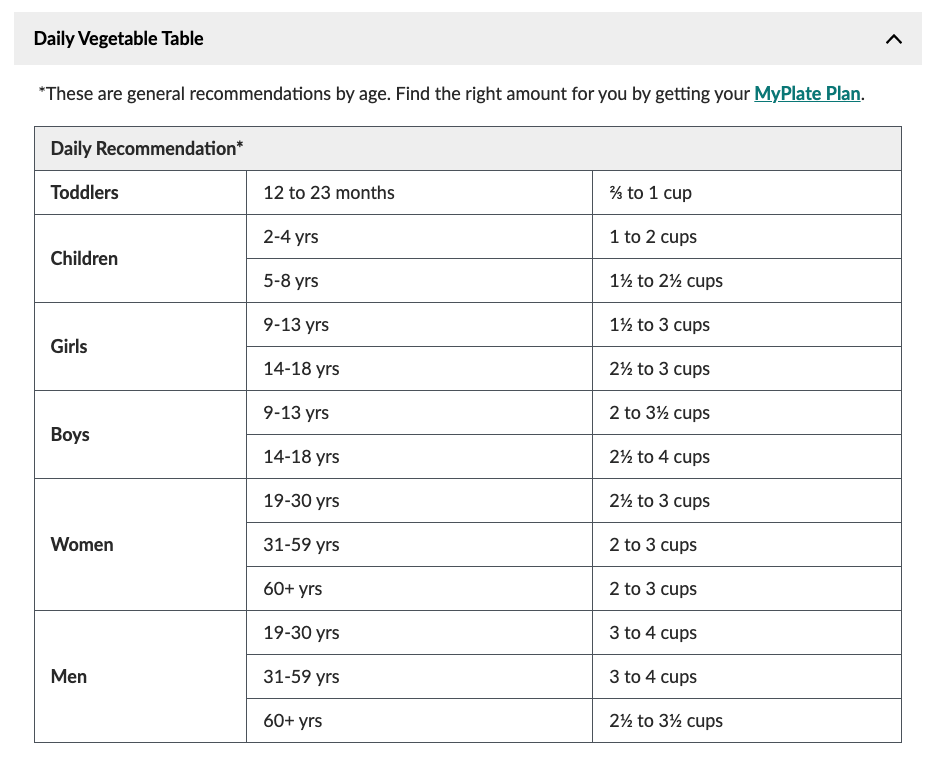Broccoli is widely known as a super food and a great addition to any healthy routine including a weight loss routine. It’s dark green color, fresh, firm, crunchy texture, and unique but adjustable flavor profile make it a vegetable that is easily incorporated into many dishes. It’s a great vegetable to use when you’re trying to get creative with an otherwise bland weight loss diet.
Broccoli is an ideal vegetable good for weight loss and when incorporated into a balanced diet, can help you lose weight while also nourishing your body with tons of nutrition. Are you wondering is broccoli good for weight loss? Learn more about the powerhouse of nutrition this super food provides and how it can help you achieve weight loss goals.
Can broccoli help you lose weight?
On its own, broccoli is nutritionally dense and low-calorie, so at first glance when wondering ‘can broccoli help you lose weight?’ the answer is yes. There are tons of factors that affect weight loss and weight gain, but calories in vs. calories out will always play a large role in your weight loss results.
When it comes broccoli for weight loss, it would be pretty difficult to eat enough broccoli each day to go over your daily caloric intake or DCI no matter your size and age. Broccoli per cup (which is a serving) contains about 31 calories. It contains protein, fiber, and a great deal of other important nutrients such as almost all of your daily requirement of vitamin c, vitamin b9, potassium, iron, calcium, free-radical scavenging flavonoids, and other important nutrients in smaller amounts.
Nutritional profile of broccoli per 1 cup:
- Calories: 31 cals
- Protein: 2.5 grams
- Carbohydrates: 6 grams
- Fiber: 2.4 grams
- Sugar: 1.5 grams
- Fat: .04 grams
According to myplate.gov children, women, and men need different servings depending on age ranges:
Broccoli for weight loss & its nutrition
Broccoli is high in fiber:
Broccoli contains a decent amount of fiber – 2.5 grams per cup. Increasing fiber intake is not just ideal for proper digestion, but good for weight loss as well. Fiber helps slow digestion of carbs and sugars allowing your body to keep steady blood sugar and energy levels. Additionally, the slowing of nutrient absorption keeps a steady supply of calories, and this may help with satiety and lower caloric intake.
Broccoli is low calorie:
At 31 calories per cup, broccoli is a very low-calorie, nutrient dense food, which means eating larger portions of it actually will probably be good for health and your weight loss routine. Its dense and filling too so you can really fill up and feel full without going over your total daily caloric intake.
Broccoli is low in sugar and carbs:
Broccoli for weight loss is also in ideal food item due to its low-sugar content. Our bodies do need sugar and/or carbohydrates to a certain degree, but it’s easy to overdo it with all the overly processed, sugary snacks we find at the grocery store. Excess sugar, especially refined sugar, affects our blood sugar levels, hormones, metabolism, and eventually gets stored as fat. It even contributes to low-grade chronic inflammation which is closely linked with obesity.
Incorporating broccoli and other low-sugar, low-carb, high-fiber fruits and vegetables in your diet is a key strategy in weight loss and overall wellness.
Broccoli is fat-free (basically):
Broccoli is essentially fat-free with only .4 grams of fat per cup which again makes broccoli a great food item for weight loss. As with sugar and carbs, our body’s do also need fat to function. But like sugar, too much fat can lead to excess fat storage, weight gain, and obesity. Obesity can lead to a slew of other issues like low-grade chronic inflammation, leptin resistance, type 2 diabetes, cancers, and more.
Broccoli contains anti-inflammatory flavonoids:
Broccoli contains a number of anti-inflammatory flavanoid compounds like quercetin, kaempferol, and myricetin. Flavonoids are compounds found in many vegetables, fruits, nuts, seeds, tea and wine. They provide antioxidant activity in the body to help scavenge free-radicals and to help prevent diseases associated with excess inflammation.
Inflammation can interfere with the body’s hormones such as the hormone leptin which is the hormone that tells your brain that you’ve eaten enough. Chronic inflammation can interfere with how your brain responds to leptin in turn possibly causing leptin resistance. If you become leptin resistant due to low-grade chronic inflammation your ability to know when to stop eating will be negatively affected and potentially resulting in weight gain.
Combatting inflammation as best possible through flavonoid-rich foods and other healthy practices is important when looking to achieve weight loss. It’s important to include broccoli and other flavanoid-rich foods into a weight loss routine to help combat chronic low-grade inflammation which is tied to obesity. Our body’s do not make these flavonoid compounds and they must be taken in through the diet; its good to re-up on flavonoid-rich food items every couple days.
Broccoli provides calcium to boost metabolism:
Broccoli along with other leafy green vegetables contains a decent amount of calcium; calcium from broccoli is better absorbed in comparison to say spinach which makes it one of the top greens to include in your weight loss routine. Some leafy greens only allow you to absorb up to 5% of the calcium they contain, however broccoli absorption of calcium is much higher at 60%.
One cup of broccoli provides about 45 mg of calcium. Adult women and men need from 1,000 to 1,300 mg a day.
Studies have shown that calcium plays a big role in regulating how fat is processed in the body. The more calcium in a fat cell, the more fat the cell will burn due to calcium providing a small increase in thermogenesis and boosting metabolism.
Hitting your daily calcium goals through healthy food items like broccoli and other leafy greens is a great addition to help boost metabolism and weight loss.
Broccoli contains sulforaphane:
Broccoli like other cruciferous vegetables, contains a compound called sulforaphane. This sulfur-rich compound has been shown to help with blood sugar levels, decreased food intake and weight loss.
Studies show that sulforaphane seems to work by reducing the production of fatty acids in the liver and increases the amount used as energy sources instead. It additionally has been shown to help improve leptin sensitivity.
How much broccoli should I eat to lose weight?
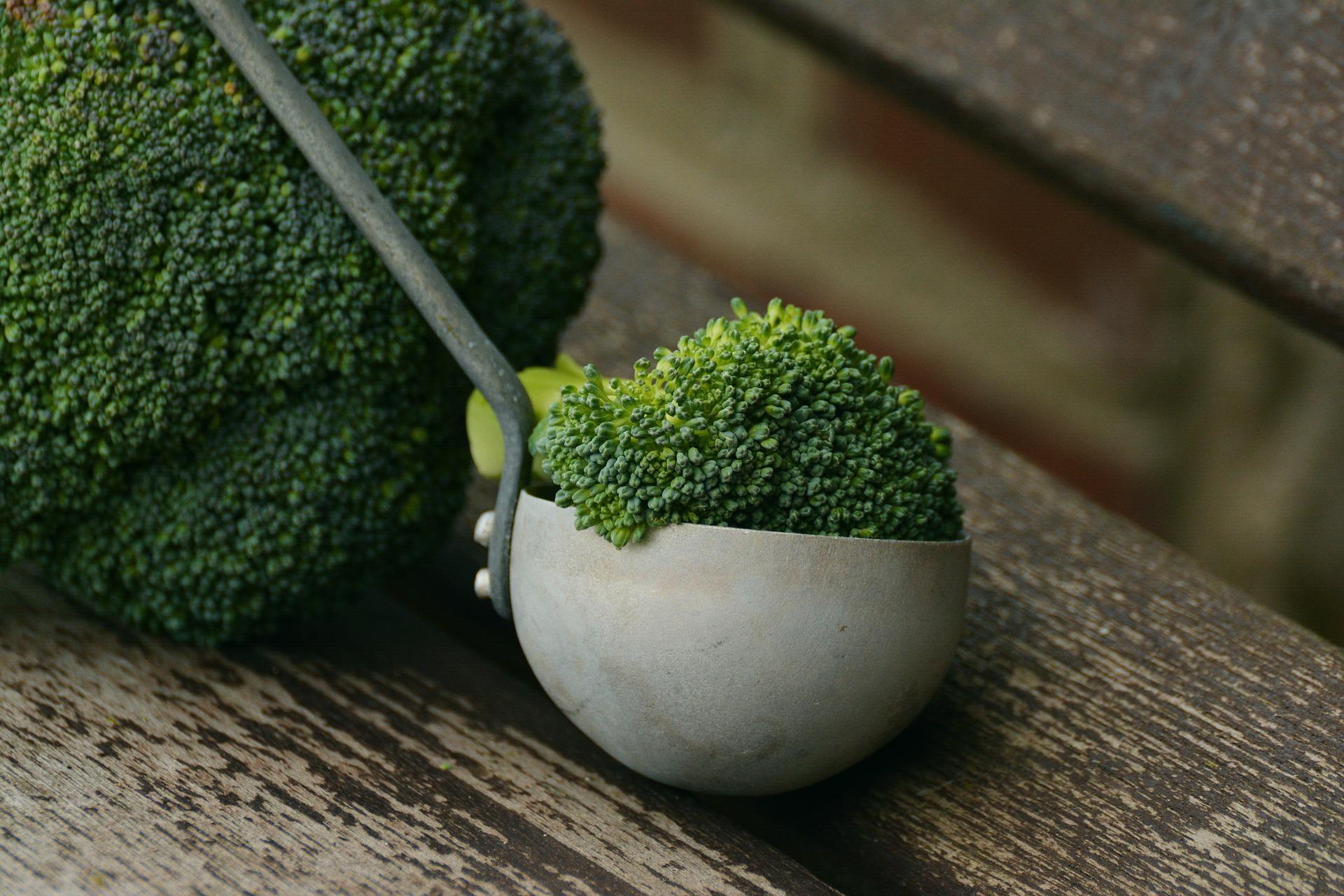
The amount of broccoli you should eat to lose weight depends on your current body size, gender, health, and other factors. But generally speaking…
- Adult women should get anywhere from 2 – 4 servings of vegetables a day
- Adult men should get anywhere from 3 – 4 servings of vegetables a day
Because broccoli is a low-calorie, nutrient-dense food item that contains compounds and nutrients great for weight loss and fat burning, you can certainly add a bit more on your plate without doing any harm to your weight loss efforts. As long as your broccoli preparation doesn’t include excess calories from other ingredients, you can reap the weight loss benefits it provides.
Adding broccoli to a well-balanced diet is key as well. Including healthy lean proteins, healthy amounts of fats, and carbs all play a role in how you drop weight. Eating mounds of only broccoli might lead to initial weight loss, but may not provide long-lasting, sustainable results.
It’s best to incorporate the daily recommended amounts of broccoli in your diet and build up from there, stick to a balanced routine, and be sure to watch your daily calorie intake. Taking in more energy than you put out is a huge part in weight gain no matter how much broccoli you eat.
Whats the best way to cook broccoli for weight loss?
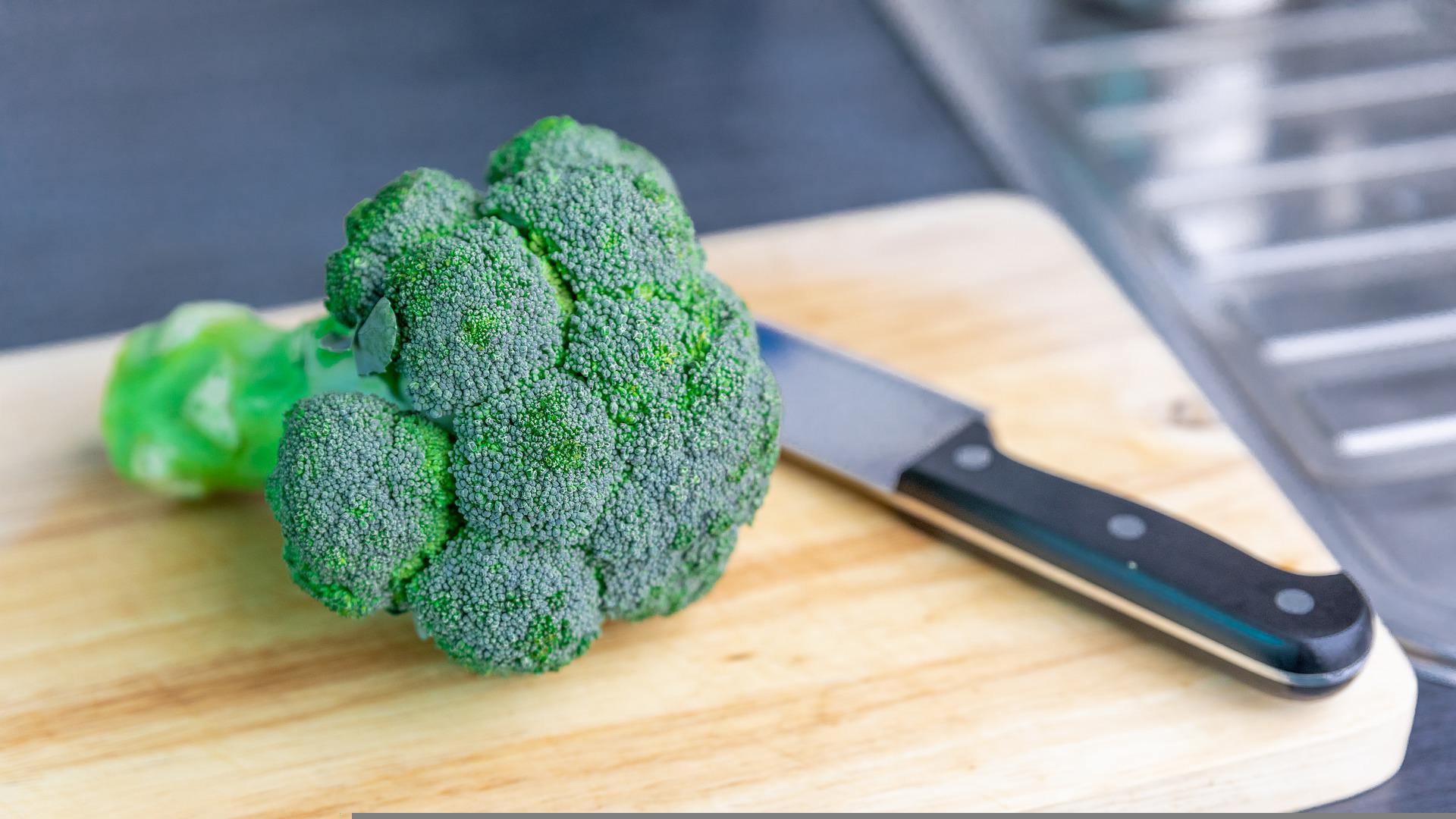
The best way to cook broccoli is really not cooking it at all. Raw broccoli will maintain all of its nutrition whereas other cooking methods do lead to loss in nutrients. However, raw broccoli may lead to intestinal discomfort and cause gas.
The next best option when it comes to cooking broccoli for weight loss, would be to steam, microwave, stir fry or bake your broccoli. With these methods you may lose out on some nutrition, but it’ll be easier to digest. Boiling leads to the biggest loss of nutrients.
However you decide to cook your broccoli for your weight loss routine, know that any method will work you just may lose out on some of its super-food nutrition. But it will still be a good addition to your weight loss routine.
Can you eat too much broccoli?
Due to broccolis low-calorie, superfood nature it would be very difficult to eat too much broccoli to the point where it would tip the scale in the wrong direction.
However, there are compounds found in broccoli and other cruciferous vegetables that can negatively affect weight loss progress. These compounds are called thiocyanates and, in short, they affect thyroid function. The thyroid essentially regulates your metabolism and thiocyanates interfere with how your thyroid absorbs iodine. If your thyroid is deficient in iodine this could cause problems with thyroid function and therefore metabolism. This is more important for those that have thyroid issues already such as hypothyroidism.
For a person with normal thyroid function though, it would be hard to overeat broccoli or most any other fruit and veggie as most are fairly low in calories and often are rich with nutrition.
Takeaway: broccoli can aid in weight loss when paired with a balanced diet
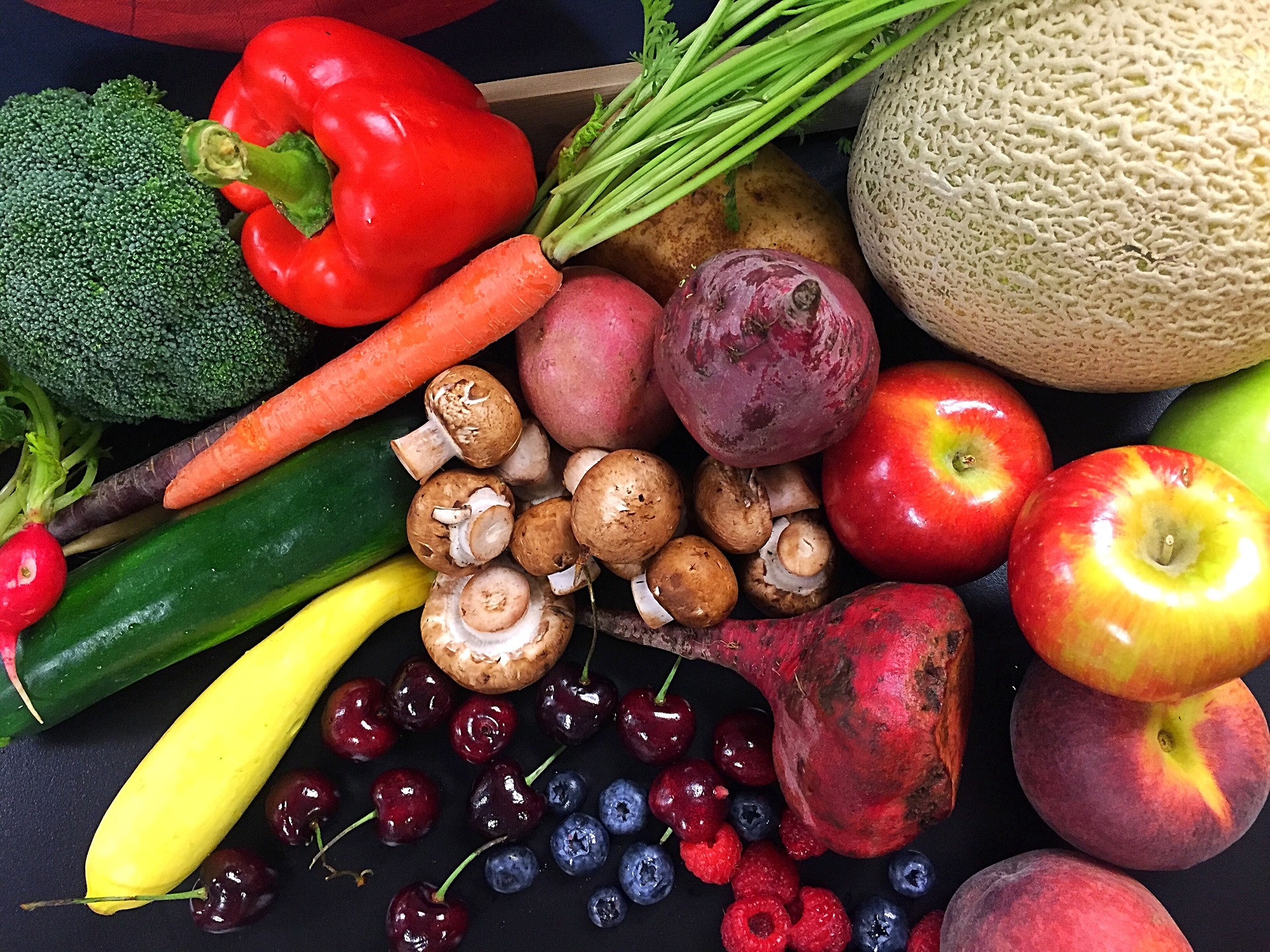
While overall, eating broccoli for weight loss as part of a healthy routine may help increase the amount of pounds lost, its always best to include a variety of vegetables and fruits in your diet. Broccoli is certainly a super healthy green for weight loss and fat burning, but it doesn’t provide all or every nutrient needed for long-lasting weight loss and health.
If interested in making it the star component in your diet plan… know that eating large amount of broccoli is safe unless you are someone suffering from thyroid or goiter issues and in this case the amount of broccoli and cruciferous vegetables should be limited. Additionally, eating large amounts of cruciferous vegetables can lead to bloating and gas at times which could be uncomfortable.
Adding broccoli to your meal plan will certainly assist in weight loss goals, but whats more important is balance. A balanced diet including lean proteins, fruits, vegetables, and whole grains is key to support overall body function and allowing your body to function efficiently making it easier to achieve whatever health goals you have set.

